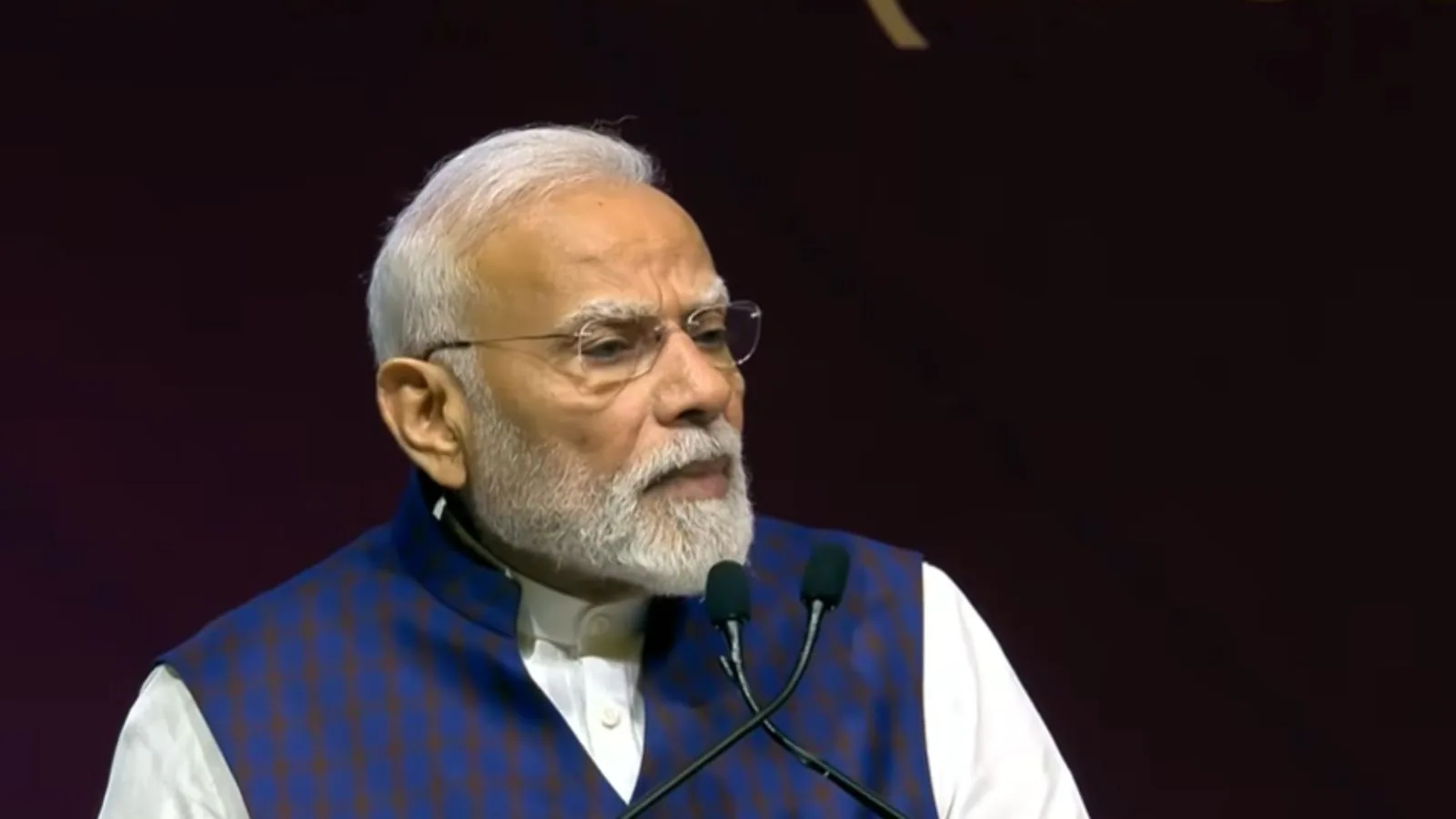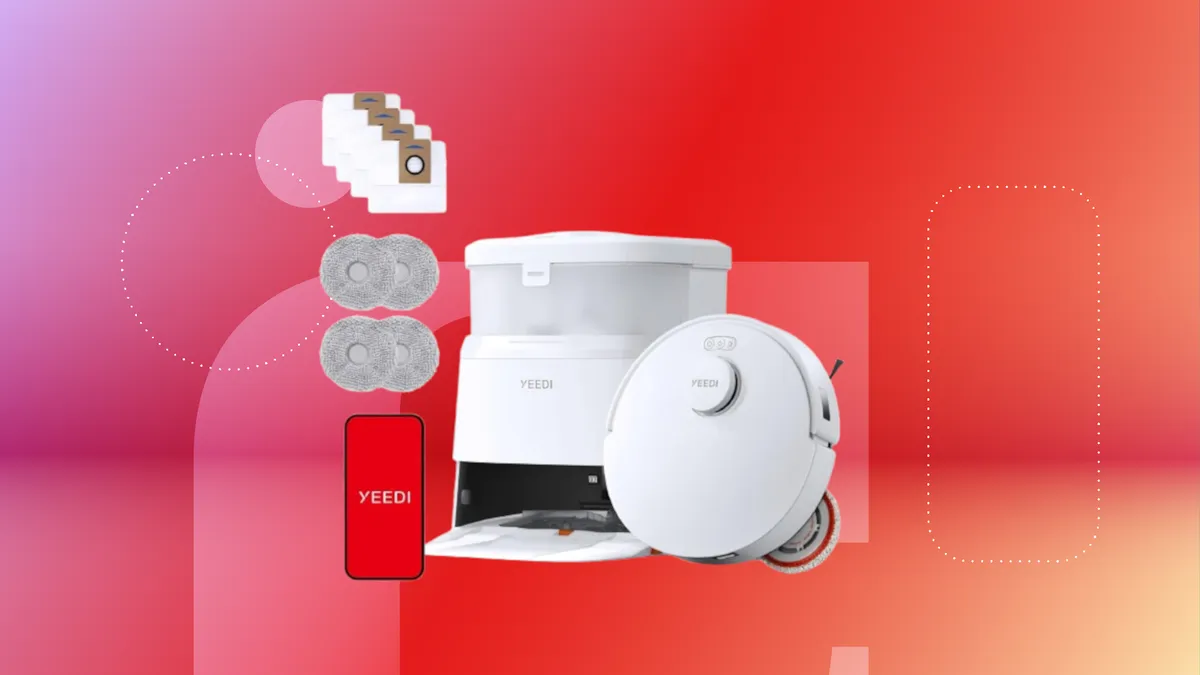
When people hear I speak in the hospitality industry, they usually assume I’m talking about hotels or restaurants. And yes, I’ve spoken to plenty of those groups. But I always remind audiences: every business is in the hospitality business — whether they realize it or not.
The problem? Many companies confuse hospitality with customer service. They assume if they’re fast, accurate, and efficient, that’s enough. But service and hospitality are not the same thing. And if you don’t understand the difference, you’re missing an opportunity to win loyalty, repeat business, and referrals.
Related: Your Competitors Are Already Using These 4 Customer Service Strategies — Are You?
Service vs. hospitality
Here’s the distinction I’ve seen again and again as a keynote speaker, business owner, and author:
Customer service is about providing people with the products or services they need as quickly, accurately, and efficiently as possible. It’s transactional — it gets the job done.
Hospitality is about elevating how people feel while you serve them. It’s emotional — it makes people feel seen, valued, and cared for.
Service is expected. Hospitality is remembered.
You can deliver a product perfectly and still fail to make customers feel better. When that happens, you miss a chance to create advocates. But when customers leave feeling uplifted or genuinely cared for, they tell others. Hospitality turns ordinary transactions into free marketing.
“Service is the transaction. Hospitality is the transformation.”
Lessons from my early jobs
I first learned this distinction as a teenager working the front desk at a Best Western. Checking guests in and handing out room keys was service. Remembering a guest’s name or noticing someone was tired? That was hospitality. It was a lesson that stuck.
Later, as a bellman at a Southern California resort, carrying luggage was part of the service. Pointing out the best sunset spot or joking with guests to ease tension? That was hospitality. Those small gestures made guests happier and even increased my tips.
The lesson: these moments didn’t take extra time, but they created extra value. Guests didn’t just get their needs met — they felt special. And that feeling is far more memorable than any key card or suitcase.
The business case
Years later, I owned Edible Arrangements stores. We won the company’s Best Customer Service Award not just because orders were accurate and on time, but because my team delivered hospitality. They didn’t just make fruit baskets — they celebrated new parents and offered sympathy during tough times.
We weren’t delivering products — we were delivering emotions. That translated into higher sales, better reviews and repeat business. Service creates satisfaction. Hospitality creates loyalty.
A customer who gets good service may return — or may try your competitor. A customer who experiences hospitality becomes your marketer, sharing their story with friends, family and social media. Hospitality multiplies the value of every customer interaction.
How to add hospitality (even in busy environments)
Hospitality doesn’t require grand gestures. It lives in small, consistent choices that acknowledge the human in front of you. Here are practical ways to infuse it immediately:
1. Acknowledge the person, not just the purchase
Make eye contact, smile or use someone’s name.
Even in fast-paced environments, recognition can reset a customer’s mood.
2. Empathize out loud
Don’t just fix a problem — acknowledge the frustration or joy.
“That must be frustrating — let’s get this fixed” carries more weight than “I’ll take care of it.”
3. Notice and personalize
A tired traveler, a child in tow, a small celebration — respond with a gesture or kind word.
People remember when you notice details no one else does.
4. Streamline transactions so you can connect
Use systems or technology to handle rote tasks, freeing your people for human moments.
AI and automation can handle service — but only humans can deliver hospitality.
5. Train for awareness, not just efficiency
Most employees are taught tasks; the best are trained to look for cues and respond with warmth.
Role-play scenarios to help staff spot opportunities for hospitality.
Hospitality starts with your team
Employees mirror the environment they work in. If your team feels micromanaged or unappreciated, they won’t extend warmth to customers. But if you show hospitality inward — listening, recognizing effort and treating staff with respect — they’re much more likely to show it outward.
Hospitality isn’t just at the counter. It starts behind the scenes. A staff that feels valued delivers experiences that make customers feel valued.
Related: How Extreme Customer Service Creates Loyal Customers and Sparks Business Domination
The missed opportunity
Service alone is a missed opportunity. A customer may walk away satisfied — but unchanged. No story to tell. Hospitality transforms satisfaction into delight, and delight into loyalty. It makes people remember, talk about and return to your business.
It’s not fluff. It’s not optional. And it’s the most cost-effective marketing you’ll ever have.
Final thought
Every business is in the hospitality business. Service is the transaction. Hospitality is the transformation.
Ask yourself: are we just serving our customers, or are we also hosting them? Companies that embrace this distinction are the ones customers remember, talk about, and return to — again and again.
Good service gets the job done. Hospitality makes people feel good — and when people feel good, they spread the word.



